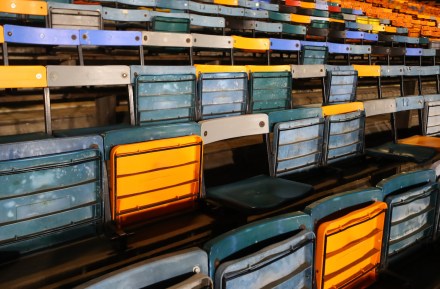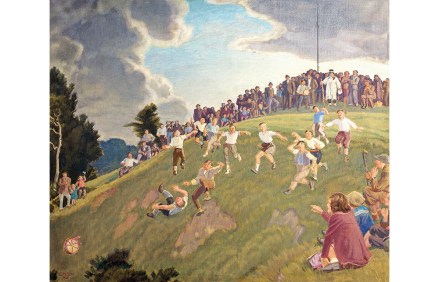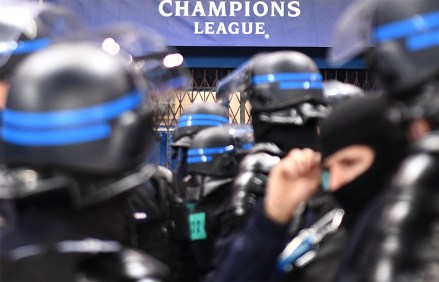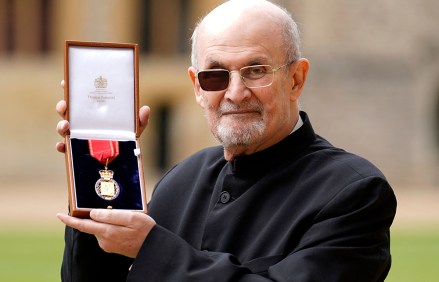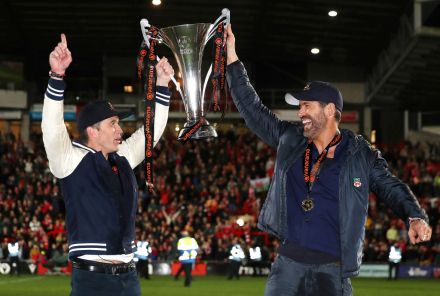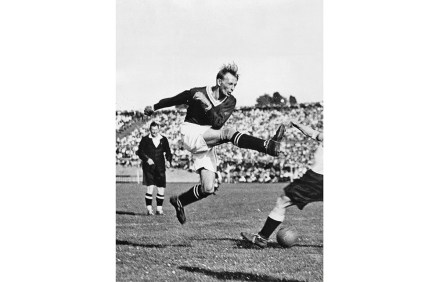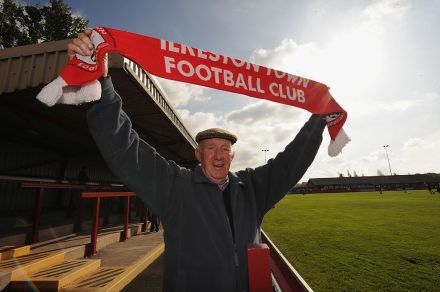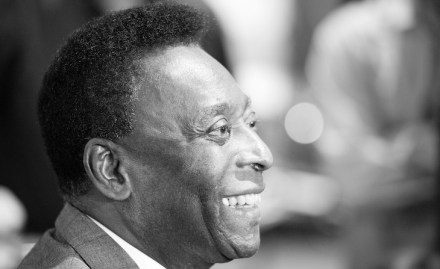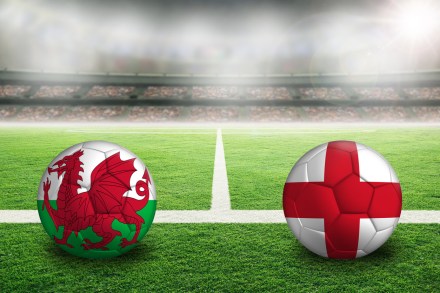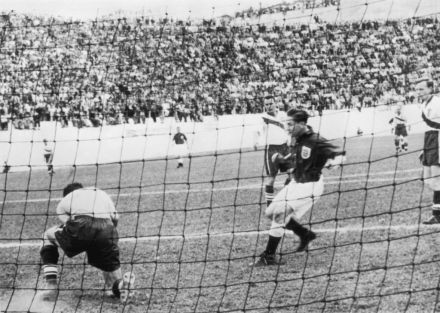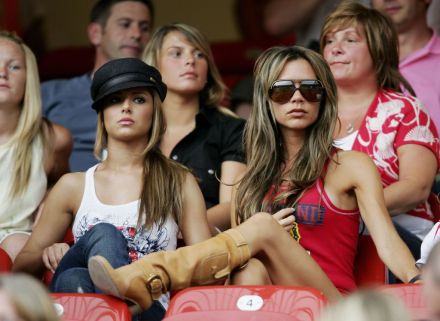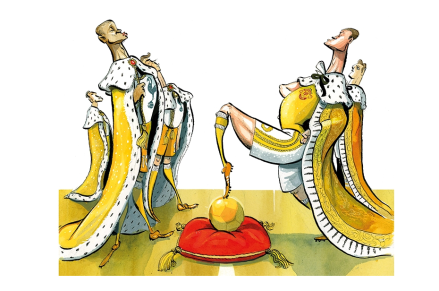So long to Luton’s old stadium
I’ve been following Luton Town FC since the singer Helen Shapiro was ‘walking back to happiness’ in the 1960s. Luton is the bungee club of English football. Since reaching the 1959 FA Cup final, they’ve been boldly bouncing up and down the leagues. It’s only now that Helen’s words are coming true. ‘Say goodbye to loneliness’ – Luton is back in the top flight. The promised land of the Premier League. Few seats at the ground are without a pillar blocking some part of the pitch Typically, when they were last in Division One 30 years ago, they voted for the introduction of the EPL – only to be relegated
